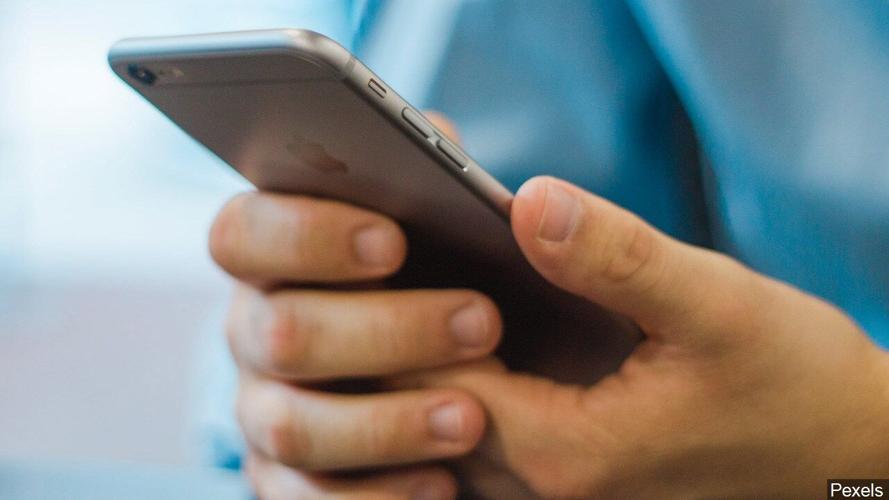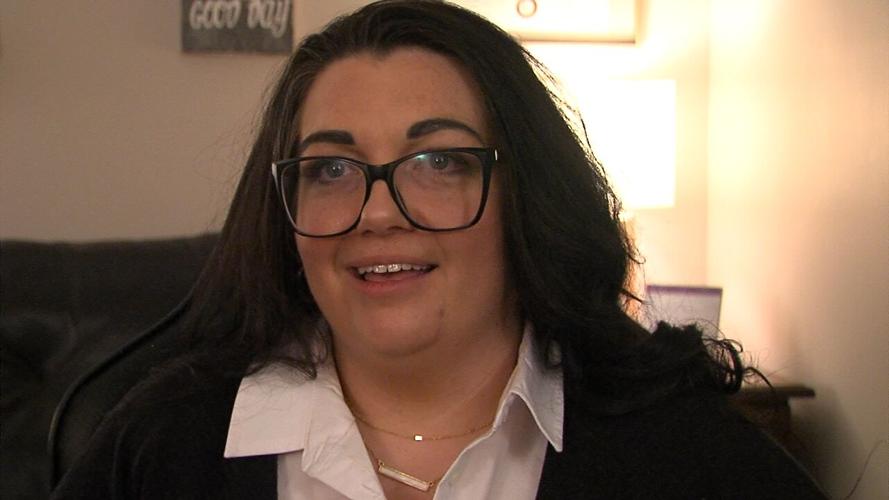
(WSIL) -- Like it or not, cell phones are a part of our everyday life. Whether it's talking to a loved one, driving directions, or Googling information, and at some point children are likely going to ask their parents for one.
Dr. Tara Chambers, who's an outpatient therapist at , says parents use them too.
"You come home and you need those minutes to sort of decompress," she explains. "Put that visual gap between your work day and your home day."
So what are mom and dad looking at when they're on their cell phones?
"I think you're seeing a lot of parents who are getting on social media," Chambers says. "Running through Facebook or Twitter or Instagram."
Jesse Smith-Fulia, a Social Work and Sociology instructor at , agrees.Ìý
"Social media just seems much more addictive," he explains. "It seems to be designed for addiction. In ways that maybe the news or your work email is not."Ìý
According to a study by in 2020, 68% of parents say, they are at least sometimes distracted by their smartphoneÌýwith 17% saying this happens often.
While being distracted might not be intentional, kids can pick up on it.

"Kids are going to be less engaged with someone who looks busy than someone who is making eye contact, bending down to their level, asking them questions," Chambers says.
Possibly missing the opportunity for the child to talk about their day to their mom or dad. Chambers says this is a way children like to de-compress after school.
Smith-Fulia adds to that thought saying the child could also try to hid emotions from their parents like sadness over being rejected by a crush.
"If are parents on their devices," he says. "There isn't that space and time to kinda notice wait a minute my child isn't acting in the exact same way they should be."

Smith-Fulia believes there are some positives to cell phone usage, and parents can increase a child's screen time as they gain responsibilities.
"Children can communicate with their parents instantaneously while they're at work without having to call them," he says about the technology. "They can just shoot a text message."
However, the bottom line is children are picking up on what they see. Parents using cell phone.
"I think the message is that this is really important and this (cell phones) belongs in our family," Smith-Fulia says.
To help with quality time, Chambers believes parents should let children pick a family activity that's distraction free.
"Here's what I want," she adds. "I want everyone to play monopoly, I want everyone to go outside and play basketball, or go for a car ride."Ìý


















